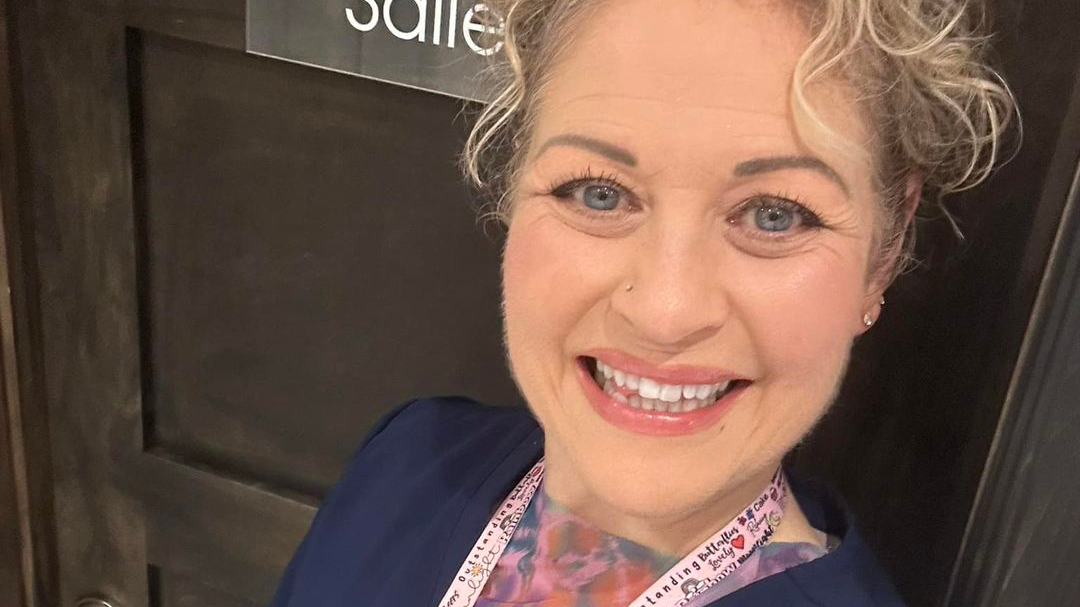Hundreds of Australian women who suffered excruciating pain from a controversial type of transvaginal mesh won a landmark class action lawsuit this week against Johnson & Johnson, one of the world’s most prominent makers of the device.
The case was brought against subsidiaries of Johnson & Johnson by 1,350 Australian women who, according to The Guardian, had mesh products implanted to treat pelvic prolapse or urinary incontinence, both common complications of childbirth.
The presiding judge said that the company will be ordered to pay compensation. How much is expected to be determined in February, but will likely amount to millions of dollars, according to Australia’s ABC News. Johnson & Johnson still has the ability to appeal, according to The Guardian.
The major court ruling comes a year after the International Consortium of Investigative Journalists and international reporting partners published Implant Files, an investigation into the global medical device industry. Regulators around the world have approved devices with little or no safety testing, and are slow to stop selling faulty ones, the reporting found.
ICIJ journalists heard again and again from patients with implantable mesh devices who said they weren’t adequately warned of the dangers of even high-risk devices. Medical experts said such lapses in warning patients of device dangers are common.
In the Australian case, federal court justice Anna Katzmann ruled that Johnson and Johnson had engaged in misleading conduct, and that in some cases, women’s complaints “were ignored altogether” after they began experiencing complications from the mesh.
Among a global survey of readers, which garnered more than 3,500 responses, there were 21 stories from Australian-based patients who had mesh implants. Just one said she was told about the risks associated with the implant.
“My whole life has changed,” Deborah, from Australia, wrote. “I haven’t been able to have sex, I deal with pain on a day-to-day basis, [my] bowel function is very upset.”
Other class action lawsuits relating to vaginal mesh products have wound their way through courts around the world. In October, Johnson & Johnson agreed to pay $177 million to settle a class action brought by dozens of U.S. states claiming that the company had deceptively marketed transvaginal pelvic mesh implants.
Mesh devices are notoriously hard to remove because they are often pressed against or attached to vital organs in highly sensitive areas of the body. “These removal procedures are unbelievable, horrifying experiences,” Hanifa Koya, a gynecologist at Wakefield Hospital in Wellington, New Zealand, told ICIJ of her work explanting dozens of controversial vaginal mesh devices linked to severe complications.
Julie Davis, one of the Australian claimants, said the ruling was a step forward for women seeking justice against corporate mesh makers. “I always knew they should be held accountable, and in my heart of hearts today has put that right,” she said, according to the Guardian. “The corporates have a lot to answer for.”







